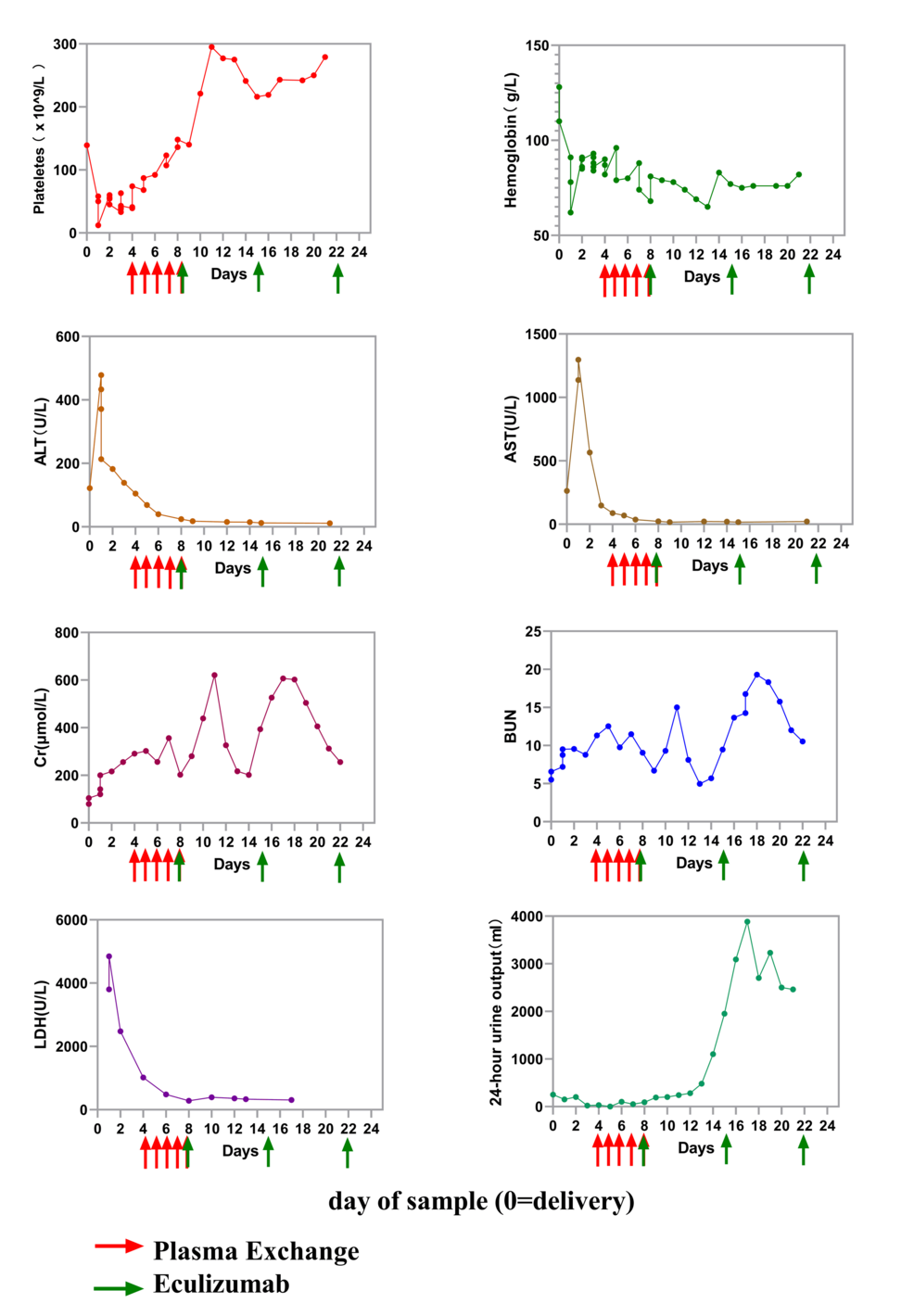Emerging COVID-19 Variant NB.1.81 Raises Alarms in the United States

A new and highly contagious strain of COVID-19, known as NB.1.81, has been identified in the United States, a development that has raised significant concerns among federal health officials and public health experts alike. This variant, which is believed to be more transmissible than previous strains, has already led to an alarming increase in hospitalizations across China, and now appears to be making its way into the American population.
The NB.1.81 variant was first detected in the United States between late March and early April among international travelers arriving at several major airports, including those in California, Washington State, Virginia, and New York. Following its initial appearance, additional cases have since been reported in states such as Ohio, Rhode Island, and Hawaii, as noted by the Centers for Disease Control and Prevention (CDC).
Health experts are sounding the alarm over the variant’s heightened transmissibility. According to officials from the California Department of Public Health, this strain is “more transmissible” than earlier versions of the virus, a warning that has prompted discussions about public health safety measures. It is crucial to note that this emergence of NB.1.81 comes at a time when U.S. Health Secretary Robert F. Kennedy Jr. has officially rescinded vaccine recommendations for healthy children and pregnant women, raising further concerns about public health policies.
China is currently experiencing a significant surge in respiratory illnesses, with the proportion of patients testing positive for COVID-19 doubling from 3.3% to 6.3%. Emergency rooms are reporting an uptick in COVID-19 cases, further complicating the already strained healthcare system there. Meanwhile, U.S. officials are grappling with the implications of this new variant, as health authorities have observed that the prevalence of NB.1.81 in California has escalated dramatically—from just 2% in April to approximately 19% by early May of this year.
As of now, the World Health Organization (WHO) has classified NB.1.81 as a “variant under monitoring” due to its mutations and the ongoing international spread. Current data indicates that this strain accounts for more than half of global COVID-19 cases, which has prompted California officials to consider reinstating mask mandates in certain situations. Notably, despite the growing presence of this variant, health officials maintain that the currently available COVID-19 vaccines are expected to remain effective against it.
In the United States, the dominant variant remains LP.8.1, which is responsible for approximately 73% of current COVID-19 cases, and its symptoms continue to reflect those of earlier strains. Common symptoms include fever, cough, chills, nausea, shortness of breath, congestion, diarrhea, headache, fatigue, and loss of taste or smell. The CDC has yet to initiate tracking of the emerging NB.1.81 variant, raising questions about the preparedness of health authorities in responding to evolving threats.
Despite the WHO's assessment that the global risk associated with this variant is currently low, the situation remains fluid and requires vigilant monitoring. With over 22 countries having reported cases of NB.1.81, the international community is watching closely as new data emerges. The need for public health measures, including potential reinstatement of masks and vaccinations, will depend on ongoing assessments of the variant's spread and impact on both health systems and communities.





























